3 Ways Renting Heavy Equipment Is Beneficial to Your Business
In today's competitive business environment, efficiency and cost-saving strategies are crucial for success. One such strategy involves renting heavy equipment rather than purchasing it. This approach offers numerous advantages that can significantly impact your business's bottom line and operational flexibility. This article explores the various ways renting heavy equipment can be beneficial, helping business owners make informed decisions. As market trends evolve, businesses are constantly seeking methods to optimize operations and manage resources effectively. Equipment rental services provide a viable option in this regard, addressing both immediate and long-term operational needs.
1. Cost Efficiency
1.1 Lower Upfront Costs
One of the primary advantages of equipment rental services is the reduction in upfront costs. Purchasing heavy machinery often requires significant capital investment, which can strain financial resources. By choosing to rent, businesses can allocate their capital towards other critical areas, such as hiring skilled personnel or investing in technology. This financial flexibility is crucial, especially for startups or small businesses looking to establish a firm footing in competitive markets. Moreover, a strategic focus on minimizing financial burdens helps businesses navigate economic uncertainties more effectively.
1.2 No Maintenance Costs
Maintenance is an inevitable cost associated with owning heavy machinery. Periodic servicing, repair, and upkeep of equipment can accumulate into substantial expenses over time. By opting to rent, businesses can bypass these costs as rental agreements typically include maintenance and repairs. This eliminates unforeseen expenditures, allowing for more predictable financial planning. Moreover, rental companies ensure that their equipment is in optimal working condition, providing businesses with machinery that meets high operational standards.
1.3 Depreciation Avoidance
Heavy equipment, like any other asset, depreciates over time, diminishing in value. This depreciation represents an ongoing financial loss for businesses that own their machinery. Renting mitigates this issue, as the responsibility for depreciation lies with the rental company rather than the client. By utilizing rented equipment, companies can divert funds that would otherwise be lost in depreciation, enhancing financial stability. Acknowledging the growing benefits of renting, businesses can strategically manage assets and improve their financial health.
1.4 Flexible Financial Planning
Furthermore, financial planning and budgeting are integral aspects of successful business operations. Rental agreements offer the advantage of aligning payment schedules with project timelines, facilitating smoother financial forecasting. Businesses can predict expenditures with greater accuracy, thus refining budget allocations and financial strategies. Such flexibility allows for adjustments based on project demands, ensuring effective resource management. Enhanced financial planning translates to improved decision-making capabilities, fostering sustainable growth and competitiveness.
1.5 Tax Deductions
Tax implications are a significant consideration in any business decision. Rental payments are often categorized as operating expenses, which can be deducted for tax purposes. This presents an opportunity for businesses to reduce taxable income, resulting in potential tax savings. Such financial advantages can bolster cash flow and resource allocation. Strategic utilization of tax benefits increases overall profitability, strengthening the business's financial framework.
2. Access to the Latest Technology
2.1 Industry Trends
In rapidly advancing industries, technological progress is a key driver of competitiveness. Renting equipment from professional equipment rental services allows businesses to access the latest technology without the need for substantial investments in new machinery. Up-to-date equipment facilitates efficient operations and aligns with contemporary industry standards. Moreover, rental companies frequently update their inventory, ensuring that clients have access to the most recent advancements. This capability to keep pace with technological innovations enhances a company's adaptability and progressive growth.
2.2 Improved Efficiency
Modern equipment is often synonymous with enhanced efficiency and performance. By renting, businesses can harness the power of machinery equipped with cutting-edge technology and advanced safety features. Such improvements lead to increased productivity and operational outcomes, benefiting overall project execution. Furthermore, efficient machinery contributes to energy savings and environmental considerations, aligning with sustainable business practices.
2.3 Competitive Advantage
In competitive markets, businesses must distinguish themselves through quality service and innovative solutions. Access to advanced machinery through rental agreements provides a competitive edge in project bidding and execution. Companies equipped with technology that enhances performance are better positioned to meet client demands and exceed expectations. The ability to offer state-of-the-art solutions attracts clientele and facilitates market expansion.
2.4 Versatile Options
Diverse project requirements necessitate access to a variety of machinery types. Rental companies offer a wide range of equipment, allowing businesses to select the appropriate tools for specific tasks. This versatility is particularly valuable for companies involved in varied projects that demand customized equipment. Businesses can efficiently adapt to different project needs without incurring the costs associated with maintaining an extensive equipment inventory.
2.5 Reduced Downtime
Operational downtime can lead to significant losses in productivity and revenue. Renting modern and well-maintained equipment minimizes the risk of malfunctions and breakdowns. Rental firms prioritize maintenance and equipment readiness, providing businesses with reliable machinery. The reduced likelihood of downtime translates to uninterrupted operations and consistent project progression. Assured of dependable performance, businesses can focus on core activities and optimize overall efficiency.
3. Operational Flexibility
3.1 Short-term Project Adaptability
Many businesses encounter scenarios where short-term projects arise unexpectedly, prompting immediate adjustments. Renting equipment from equipment rental services facilitates swift adaptation to project demands, offering timely solutions without long-term commitments. This flexibility is invaluable, allowing businesses to tackle unpredictable challenges efficiently. In industries where project requirements frequently change, adapting rapidly becomes a strategic advantage.
3.2 Scalability
Additionally, scalability is a critical factor in meeting fluctuating project demands and growth strategies. Renting equipment provides the means to scale operations up or down based on current business requirements. Organizations can manage resource allocation dynamically, accommodating both peak periods and downturns. This capability reinforces agility and cost-effectiveness, fostering a proactive approach to business operations. Companies that can seamlessly adjust their operations to match demand will be better equipped to navigate volatile market environments.
3.3 Equipment Variety
The diversity of tasks in various industries necessitates a range of equipment types for optimal execution. Rental services offer extensive equipment selections, giving businesses access to the right tools for each task. Whether it’s construction, landscaping, or specialized projects, businesses can ensure the highest precision and efficiency by employing appropriate machinery. Consequently, this access to variety broadens service capabilities and enhances project outcomes.
3.4 Trial Basis Testing
Making decisions about capital equipment investments requires consideration of both immediate and future business needs. Renting allows for trial usage of machinery, offering an opportunity to evaluate equipment performance in real-world conditions. This trial period enables businesses to assess equipment suitability and functionality without financial risk. Should the equipment meet the business’s expectations, informed investment decisions can be confidently made.
3.5 Seasonal Demand Management
Many industries experience seasonal fluctuations that require adaptable resource management. Renting heavy equipment from professional equipment rental services during peak seasons helps businesses meet increased demand without incurring long-term ownership costs. Once the peak season concludes, businesses can return the equipment, alleviating expense burdens associated with unused assets. This approach promotes efficient resource utilization and cost control, contributing to profitability.
Renting heavy equipment offers substantial benefits, including cost efficiency, access to the latest technology, enhanced operational flexibility, and improved risk management. Upon considering these advantages, businesses can effectively position themselves for dynamic growth and operational success in a competitive landscape. Furthermore, according to iMarc, U.S. construction equipment rental shows a projected 4.66% CAGR from 2025 to 2033, demonstrating the expanding adoption and recognition of this strategic approach. Contact Bonny's Equipment Rentals today to get started with our equipment rental services.
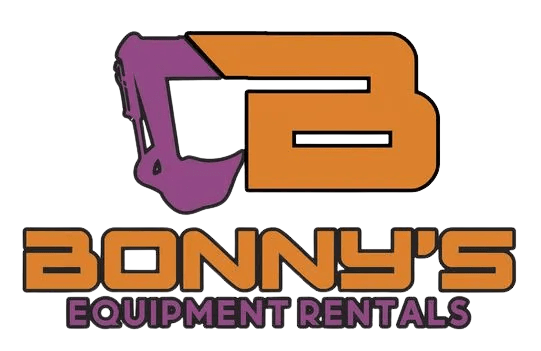


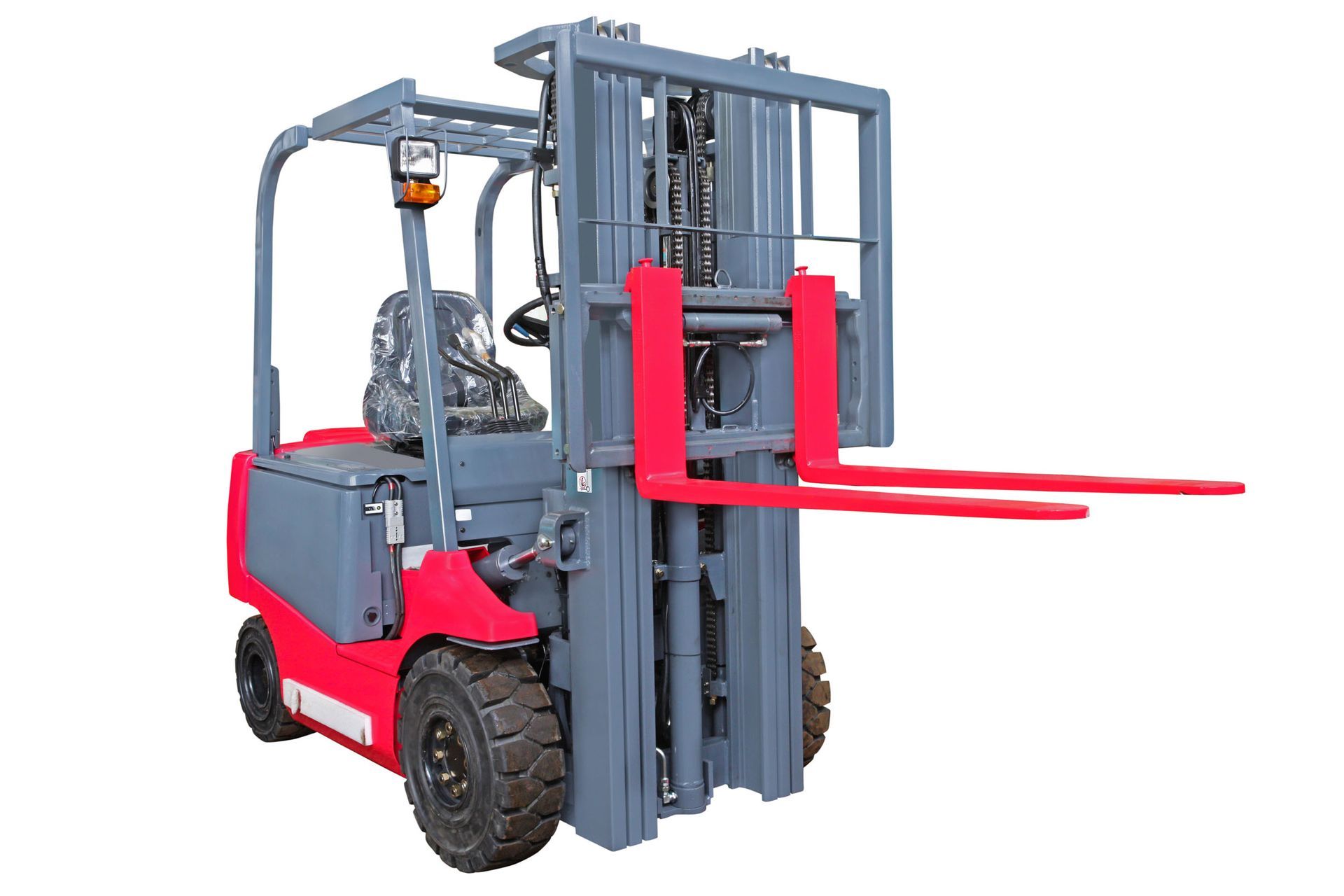
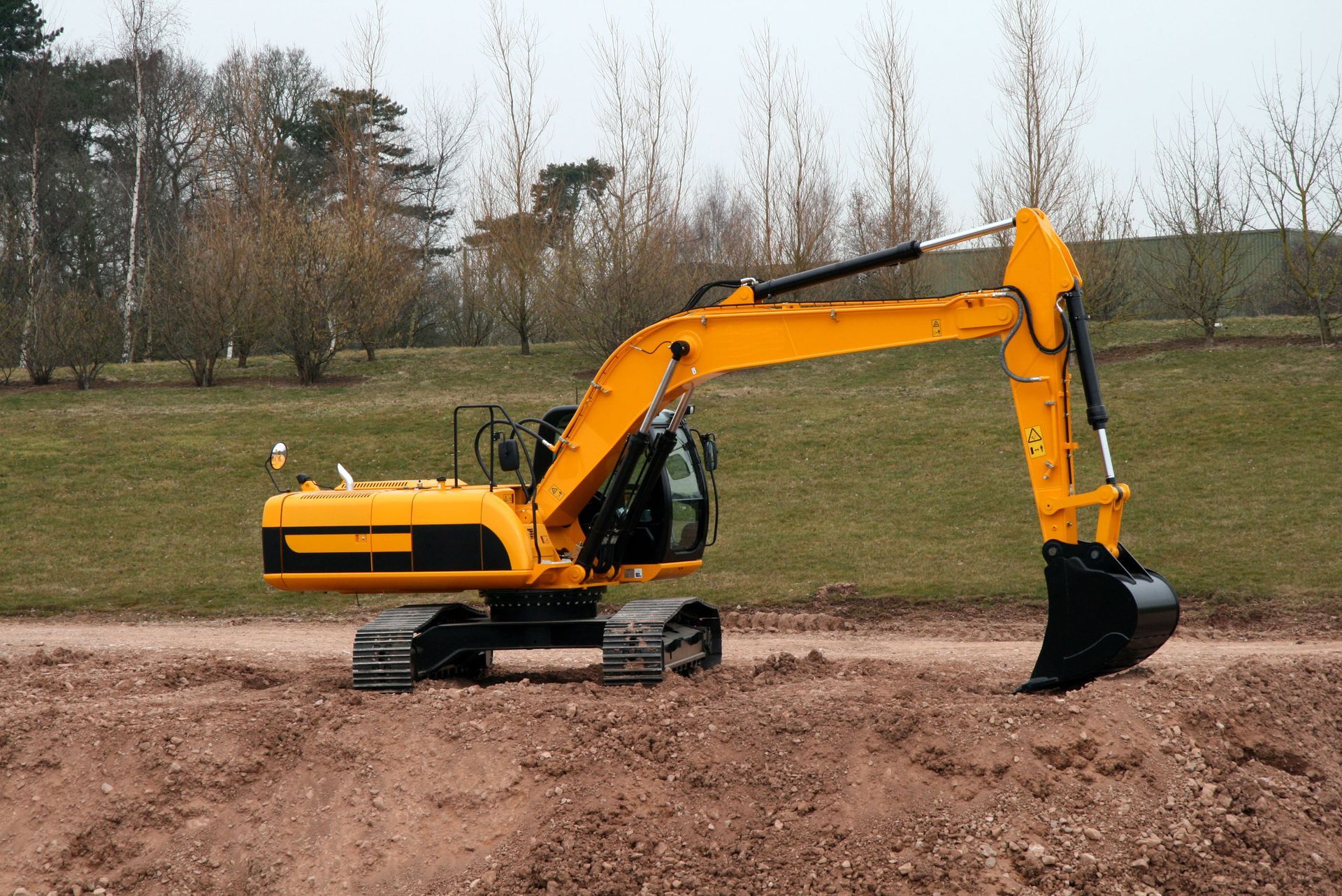

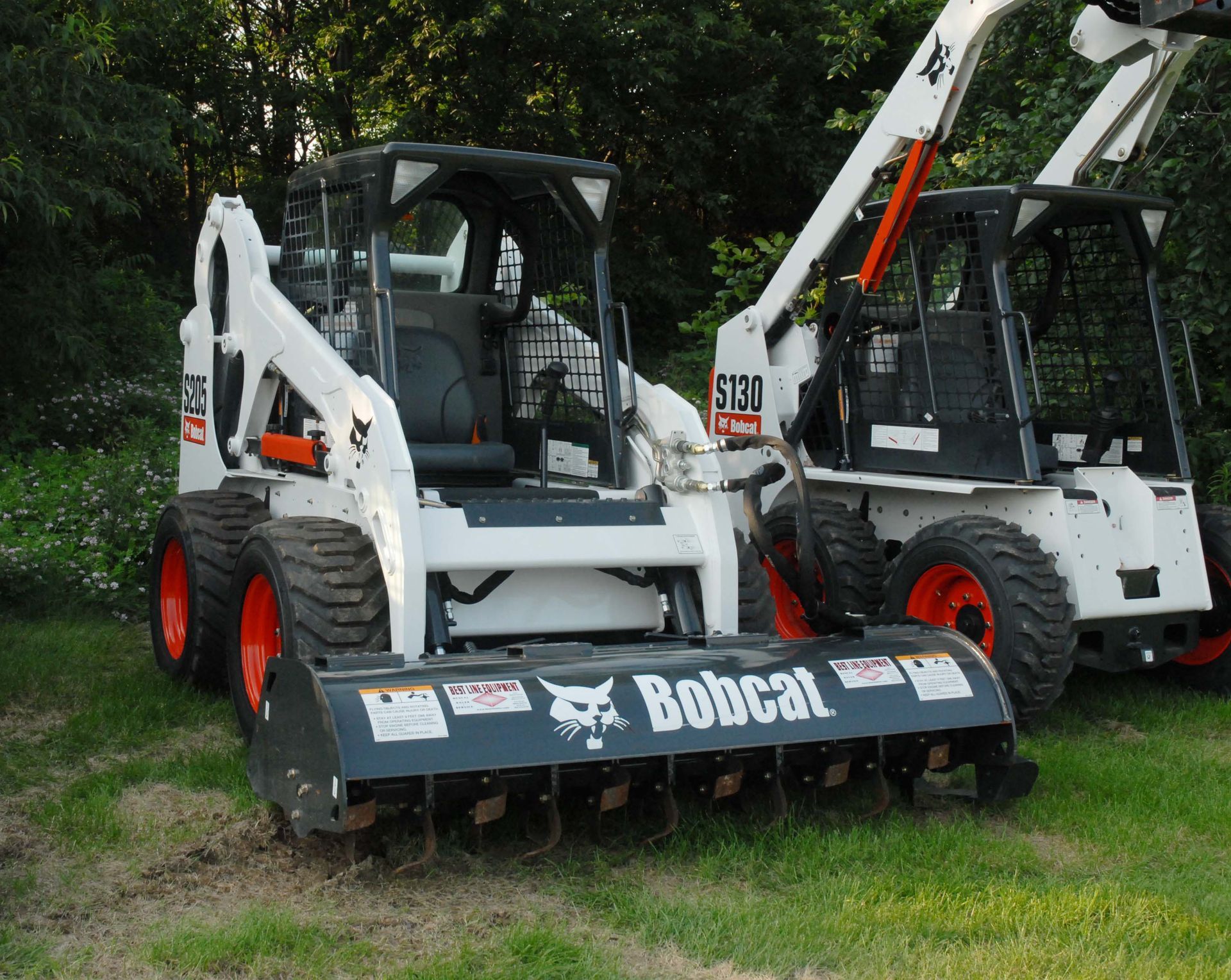
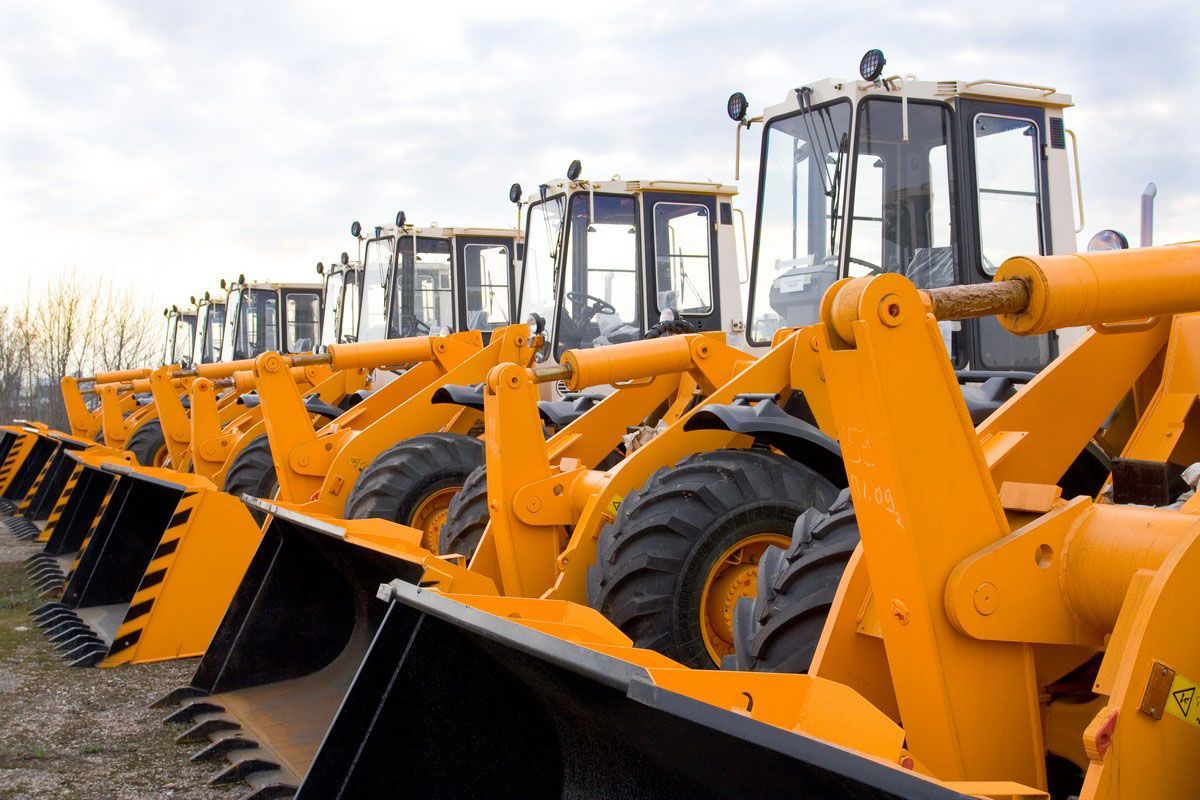
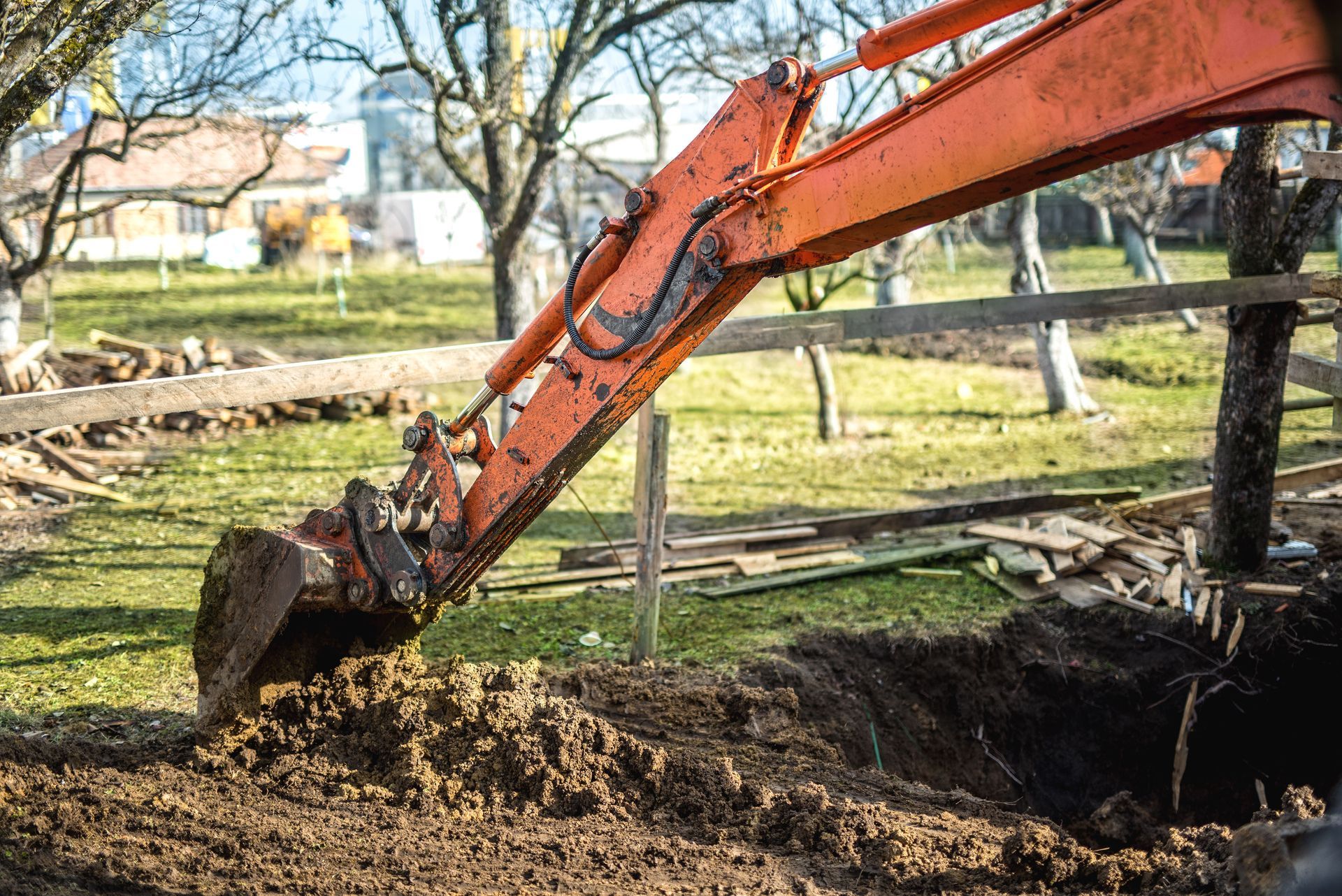
Share On: